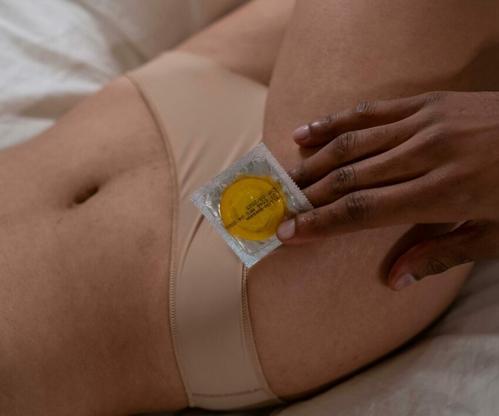
person holding a condom: picture: pexels
Birth control has come a long way, and now birth control gel is making waves as a hormone-free option! Designed for convenience and control, this gel offers a new approach to pregnancy prevention, without relying on pills, patches, or injections.
But how effective is it? If you’re curious about this innovation and whether it might be a fit for you, let’s find out about the science, benefits, and real-world effectiveness of birth control gel.
The WebMD publication states that the vaginal contraceptive gel is an active product that prevents pregnancy by maintaining an acidic environment in the vagina. It is said to contain lactic acid, citric acid, and potassium bitartrate, which prevent sperm from swimming in the vagina, reducing the likelihood of pregnancy.
The above site further mentions that a study found vaginal contraceptive gel 86% effective in women aged 18-35 for 6 months, with 14% getting pregnant. “Based on these findings, vaginal contraceptive gel by itself works about as well as condoms. It isn’t as good at preventing pregnancy as other methods including birth control pills, intrauterine devices (IUDs), arm implants, and vaginal rings.”
As it is with many products that bring convenience, there are cons attached to it and according to the Cleveland Clinic, the birth control gel may cause vaginal irritation, lacks STI protection, requires a prescription, and may not be insurance-covered. “You need to use a Phexxi applicator every time you have sex. So, you may go through multiple applicators in an evening.”
The contraceptive gel is not effective after sex and should not be used if you use the vaginal ring, are pregnant or breastfeeding, have a history of UTIs, or have a partner’s allergies to the gel’s ingredients, warns the Kaiser Permanente publication.
Also see: The connection between birth control and weight gain
